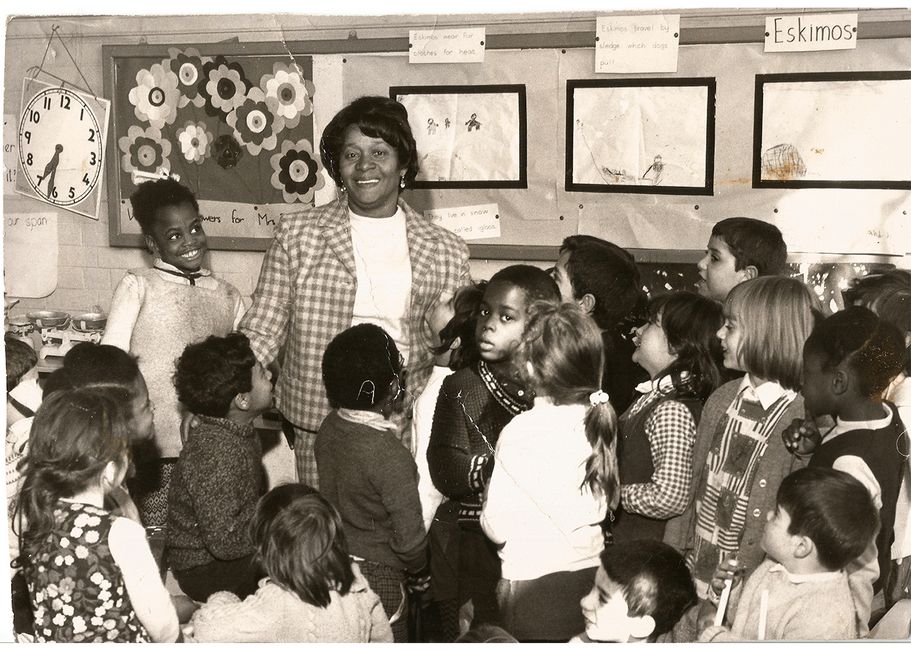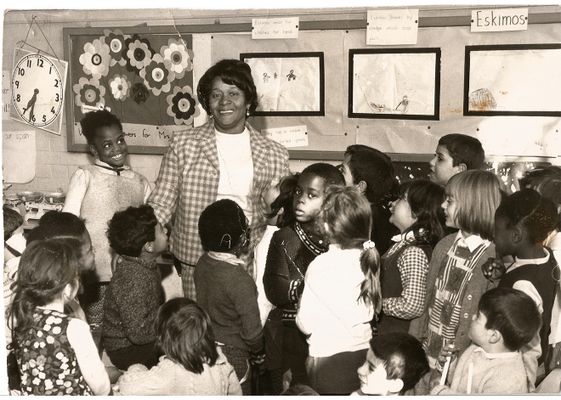Dr Beryl Gilroy
1924 - 2001Beryl Gilroy was Camden’s first Black headteacher. As a pioneering educator she worked in London from the mid 1950s until her death in 2001. She forged a successful career in education despite the prejudice she faced which initially barred her from entering the teaching profession. Gilroy wrote award winning books, both fiction and non-fiction, to present and challenge issues of race and identity in this country and in the Caribbean. She pioneered counselling and psychotherapy techniques with black women and children.
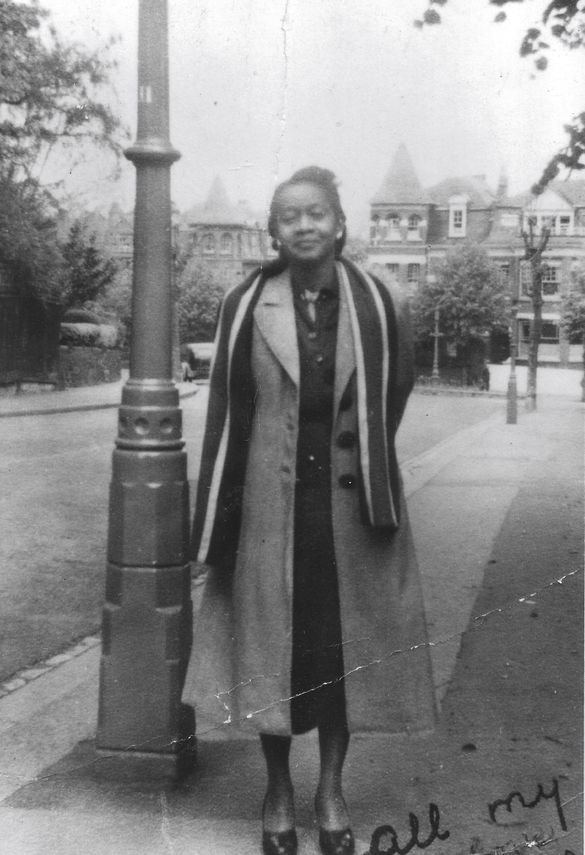
Beryl Gilroy was Camden’s first Black headteacher. As a pioneering educator she worked in London from the mid 1950s until her death in 2001. She forged a successful career in education despite the prejudice she faced which initially barred her from entering the teaching profession. Gilroy wrote award winning books, both fiction and non-fiction, to present and challenge issues of race and identity in this country and in the Caribbean. She pioneered counselling and psychotherapy techniques with black women and children.
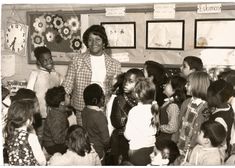
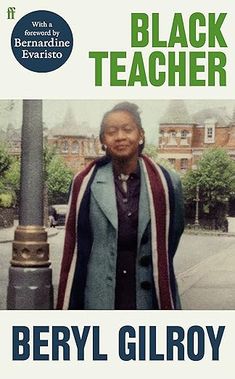
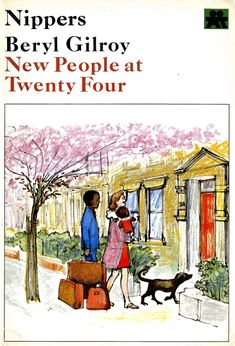
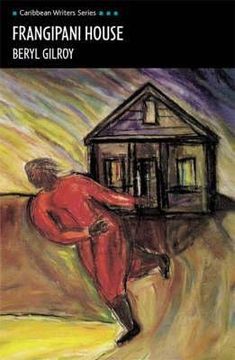
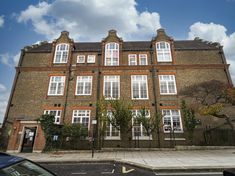
About Dr Beryl Gilroy
“In the tradition of Black women who write to come to terms with their trauma, or alternatively understand the nature of their elemental oppression, I wrote to redefine myself and put the record straight. ”
Dr Beryl Gilroy, Leaves in the Wind: Collected Writings, 1998
Beryl Agatha Gilroy (nee Alnwich) was born in Guyana (then British Guiana) on the east coast of South America. She was raised by her grandparents, who taught her to read and a love of learning. In 1943 she attended the Government Training College in Georgetown, where she gained a First-Class Teacher’s Diploma. She taught in Guyana and lectured on the UNICEF World Food Programme before leaving for England in 1952 to study for an Advance Diploma in Child Development at University of London.
As a ‘colonial subject’, Beryl expected her teaching qualifications to be welcomed. Instead, she met with blatant racism, prejudice and rejection. It was frustratingly difficult for her to find a teaching post due to racist attitudes, forcing her to take work beneath her level of education and skills. She worked as a mail order factory clerk, washing up at a cafe and as a maid before getting back into teaching. Between 1954-6, she had several short jobs as a classroom teacher in a number of London schools at a time when Black teachers were rare.
She married Patrick Gilroy in the 1950s and they had two children. Whilst raising and teaching her young family, Gilroy worked in freelance journalism, and broadcasting for the BBC Woman’s Hour and wrote children's reading books. She also continued studying, completing a degree in psychology as well as teaching qualifications in English as a second language.
In the late 1960s Gilroy became Deputy Head at Montem Primary school in Islington before eventually becoming the Headteacher at West Hampstead Primary School (formerly Beckford Primary School, renamed in 2020) in Camden in 1969. With this post, Gilroy became the first Black headteacher in Camden and one of the first Black headteachers in the UK.
Dr Beryl Gilroy and writing
In the early 1970s Gilroy wrote the innovative Nippers series. Many of the stories were inspired by real life experiences of the multicultural children she taught. They were the first multicultural reading books for children from diverse backgrounds, enabling children to learn from relevant and meaningful texts.
Her experiences teaching working-class pupils in London, and the racial prejudice she confronted is captured in her book Black Teacher first published in 1976. In the book, she presents the struggles she faced as a Black woman working in schools in London, and although presented as an autobiography it is written as a story, showing us what it felt like to be a Black woman working at this time.
Gilroy was one of the 500,000 Commonwealth citizens who moved from the Caribbean to Britain between 1948-1970, known as the Windrush generation. Her book tells the story of coming to Britain, and overcoming the discrimination that she and many others encountered in this country. It underlines their resilience and their determination to succeed in an unwelcoming and sometimes hostile environment. A key theme in the book is identity and it describes Gilroy’s journey to redefine herself as a Black woman in a white space.
“I’d learned to succeed as a Black teacher, an immigrant had to be twice as good as everyone else.”
Dr Beryl Gilroy
In later life
She retired from teaching in 1982 and became an Educational Consultant and Researcher at the Centre for Multicultural Education, University of London in Camden. Here, she developed a pioneering practice in ethno-psychotherapy working mainly with Black women, and children. During that time, she gained a PhD in Counselling Psychology from Century University, USA.
In 1982 she won the Greater London Council (GLC) Creative Writing Ethnic Minorities Prize for her children's fiction novel In for a Penny (1980), and received the GLC Creative Writing Prize in 1985, for her novel Frangipani House (1986).
In 2000 she received an Honorary Doctorate at University of North London and an Honorary Fellowship at the Institute of Education in recognition of her literary works and remarkable contribution to education.
Beryl Gilroy died in April 2001 at the Royal Free Hospital in Hampstead. After her death Beryl was described as one of Britain’s most significant postwar Caribbean migrants. To mark the 20th anniversary of her death, Black Teacher was reprinted in 2021 by Faber.
Written with Emily Momoh, Founder of Camden Black British History Group, as part of the We Were Here exhibition, 2022.
